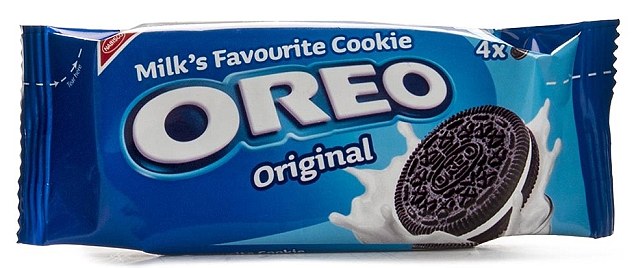Advertisement

“In July 2015,” wrote Michael Lucci, Vice President of Policy for the Illinois Institute, this week, “Mondelez International” – makers of Oreo cookies – “announced plans to move production from Chicago and invest $130 million to install four new food manufacturing lines in Salinas, Mexico.”
Lucci, a critic of the U.S. sugar program, went on to claim “The problem is the price of sugar, which is unusually high in the United States due to restrictions on sugar imports.”
Is he right? Did American sugar famers kill American-made Oreos and drive their production to Mexico?
No way, Jose.
According to Lucci, as of December 2nd U.S. sugar “is priced at 29 cents per pound for March delivery.” But get this: The price of a pound of sugar 30 long years ago was…29 cents per pound!
One can only claim this price to be “unusually high” if by “unusual” you mean “exactly the same.”
Mr. Lucci went on to claim that foreign sugar is cheaper on the world market because it “is produced more efficiently in tropical countries.”
No, it’s not.
First, there’s no way on God’s green sugar-flavored earth that foreign sugar farmers are more efficient than American farmers. Not even close.
Secondly, the real reason sugar from some foreign nations is cheaper on the world market is substantial government subsidies to their comparatively inefficient, home-grown sugar farmers.
Lucci goes on to quote a decade-old report from the International Trade Administration that claimed the loss of confectionary manufacturing jobs in Chicago could be “attributed, in part, to high U.S. sugar prices.”
First, that report is TEN YEARS OLD.
Secondly, to say “in part” – as compared to other more critical “parts,” such as labor costs, taxes, insurance, government regulations, etc. – is like saying Hillary Clinton lost the election, “in part,” because she once dabbled in cattle futures.
While both statements can be construed literally as true, the “in part” part is so insignificant that anyone who raises it should, frankly, be embarrassed and apologize.
Alas, opposing the U.S. sugar program, like love itself, means never having to say you’re sorry – regardless of how hollow and substance-free your arguments are.
Advertisement
Subscribe Free By Email

Looking for the best in breaking news and conservative views? Let Chuck do all the work for you! Subscribe to his FREE "Muth's Truths" e-newsletter.


